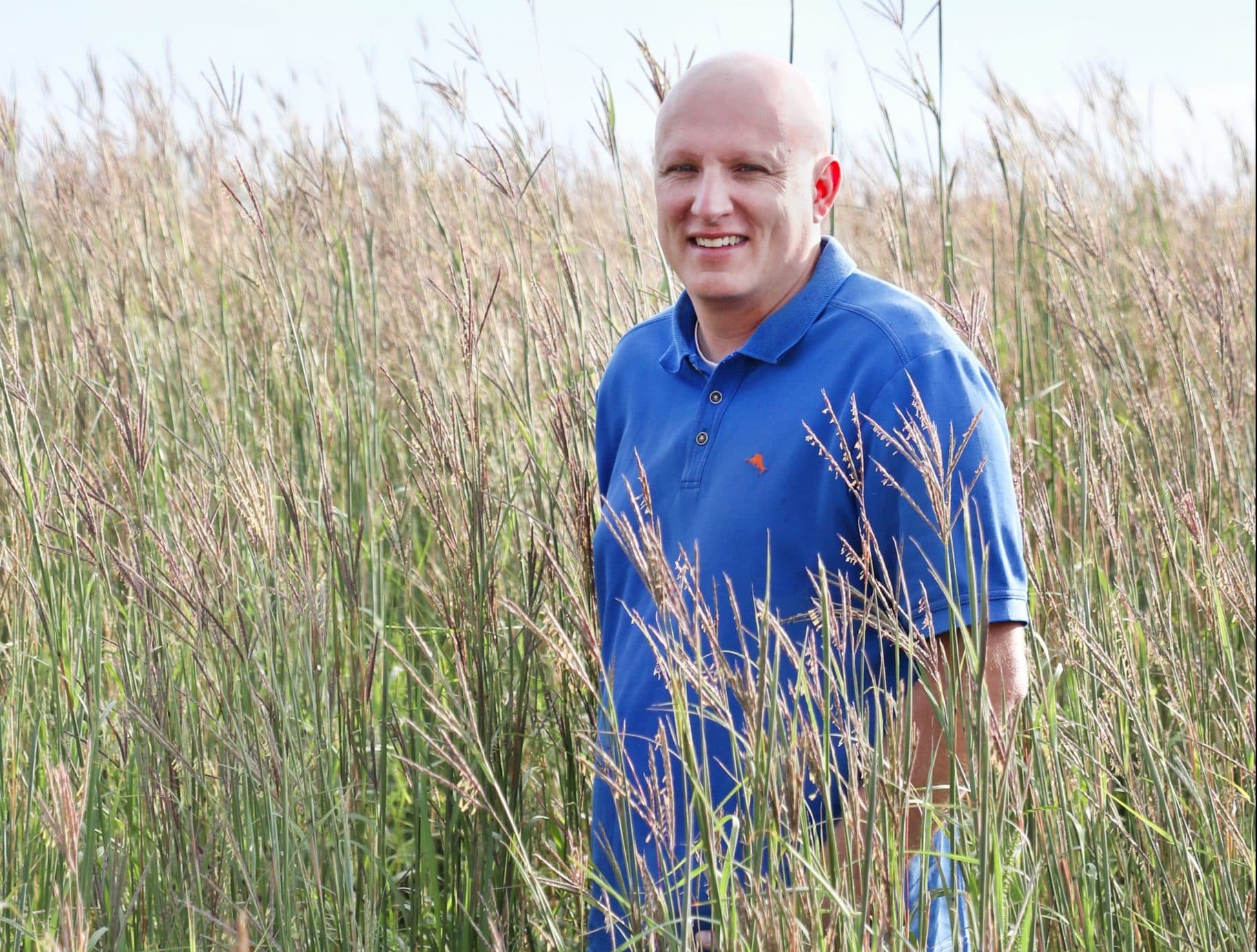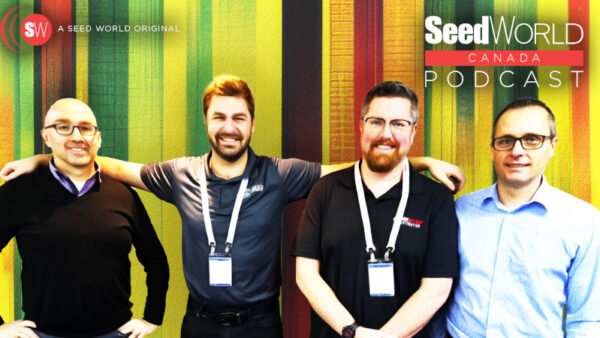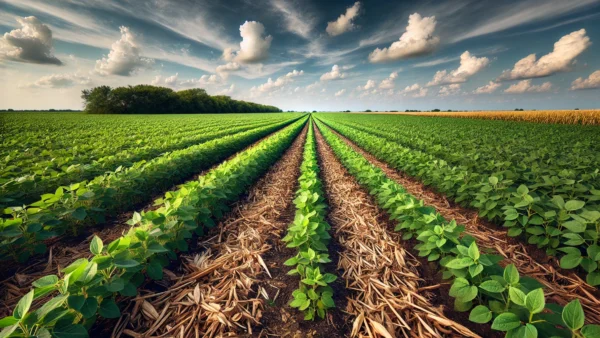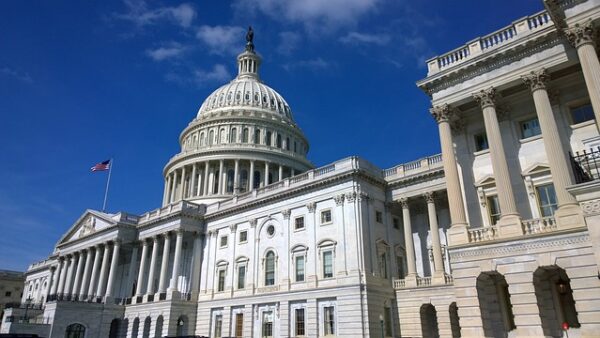Matt Fenske, president and CEO of Millborn Seeds, looks to the future with optimism for specialty seeds, like natives, as demand begins to increase.
Seed World (SW): Favorite TV show?
Matt Fenske (MF): Yellowstone.
SW: No. 1 hobby?
MF: I enjoy outdoor activities, specifically shooting and hunting. I especially enjoy big game hunting in the western U.S. I love mountains, trees and sagebrush.
SW: If you could learn one new skill, what would you want to learn?
MF: Fly fishing.
SW: Who’s someone who really taught you something about the industry?
MF: I’ve had so many people over the years that have helped me to be successful and to learn the specialty seed industry. One that sticks out is Garth Kaste of Kaste Seed. In my early 20s he was willing to spend so much time mentoring me and teaching me how the seed industry functions. I will forever be grateful for that.
SW: What’s one thing you’d tell someone about native seeds that knew absolutely nothing about the subject?
MF: Of all the specialty seed we provide in the marketplace, the native seed business is by far the most complex. Native seeds are used in projects varying in size from backyard pollinator habitats to restoration projects spanning thousands of acres. Also, they can be a simple 1-2 species mixes, but more often they involve a broad mix of native grasses, forbs, and flowers, containing dozens of species or more. Therefore, inventory and access to certain species becomes very important. For example, we carry over 300+ native forbs and flowers in our warehouse to be able to fulfill the various requests receive from this market.
SW: Any concerns for the industry right now?
MF: I’d like to turn this question around and talk about what I’m optimistic for in the specialty seed industry right now. Native seed mixes offer a chance to restore the landscape to its pre-industrial age flora — and this has been proven to optimize grazing systems, improve water quality, increase carbon sequestration and storage, enhance wildlife habitat, and offer a refuge for pollinator species. Interest in native plants and species is increasing annually, with reason to suspect future growth. The future is extremely bright for this segment of the seed industry.
SW: What are you looking forward to in 2021?
MF: I love looking forward to the future. I’m very excited about the potential for our organization and the seed industry in the coming year. The team at Millborn Seeds is working every day to develop new relationships with other seed companies, conservation organizations, carbon trading platforms, and other influencers in order to promote practices and programs to landowners looking to improve their land. Never has there been such an emphasis on conservation and soil health emanating from so many places at once. We are enthusiastic about our mission to serve this industry in the coming years.













